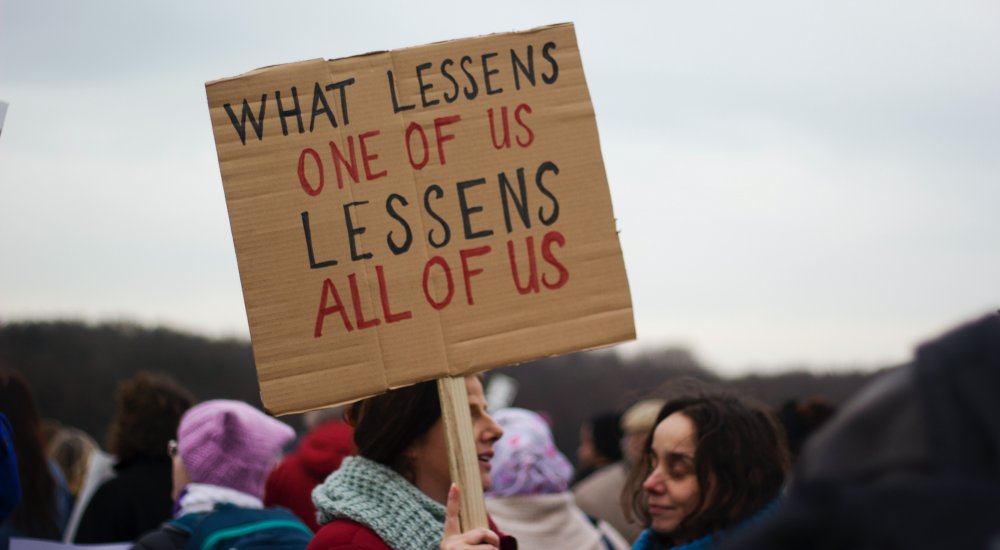Policy coordination to support all aspects of inclusive Gender Equality Plans and policies in the ERA

Expected Outcome
Projects are expected to contribute to the following outcomes:
- Advanced and sustainable policy coordination support on ERA objectives on gender equality and inclusiveness among Member States and Associated Countries and through stakeholder and citizen engagement;
- Improved career paths and working conditions in European research and innovation organisations, including in the private sector, through enhanced policy dialogue on inclusive gender equality plans and policies;
- Increased research quality and societal responsibility and relevance of knowledge and innovations, through the integration of the gender and intersectional dimension in research and innovation content;
- Increased geographical inclusiveness by targeting less experienced countries and regions in terms of inclusive gender equality policies in research and innovation;
- Increased inclusion of underrepresented and socially disadvantaged persons in European research and innovation, through an intersectional lens on gender equality plans and policies.
Scope
As the new package adopted on 26 November 2021 on the European Research Area (ERA) framework[1] reaffirms, there is a need for policy coordination to advance the implementation of the ERA gender equality and inclusiveness objectives within Member States, Associated Countries and among other ERA stakeholders, building on the commitment expressed through the Ljubljana Declaration on gender equality in research and innovation[2].
Ensuring the active promotion of gender equality and inclusiveness entails opening up gender equality policies in R&I to diversity, and more specifically to: social categories and grounds for discrimination intersecting with gender, such as ethnicity, disability, sexual orientation or socio-economic status; ensuring geographical inclusiveness; and opening to the innovation and private sector. This new inclusive approach to gender equality is also embedded in the new European Commission Gender Equality Strategy 2020-2025.
This action focuses on the development of a sustainable network of national representatives from all EU Member States and Associated Countries, both from national bodies (e.g., ministries) and from national research funding organisations, to support the implementation of the gender equality and inclusiveness objectives of the ERA. It should build on related actions funded through Horizon Europe call topics HORIZON-WIDERA-2021-ERA-01-81, HORIZON-WIDERA-2021-ERA-01-80, HORIZON-WIDERA-2022-ERA-01-80 and HORIZON-WIDERA-2022-ERA-01-81, the European Gender Equality Competence Facility funded under the 2022 WIDERA work programme, as well as on projects funded under the Horizon 2020 Science with and for Society (SwafS) programme.
During its lifetime, the action should:
- Develop knowledge and build capacities, competences and expertise on the design, implementation, monitoring and evaluation of inclusive gender equality plans and policies in R&I with a variety of European and national stakeholders. Special consideration will be given to mutual learning exercises to enhance the competence of national gender equality representatives, including helping less experienced national gender equality representatives to acquire expertise;
- Further the development of a transnational Community of Practice of R&I funding organisations for the promotion of an inclusive and gender-responsive culture change in R&I institutions across the European Union;
- A specific focus should be placed on developing joint activities with actors from the private, innovation and entrepreneurship sectors, from across the European Union;
- Develop various innovative engagement activities, connect citizens, experts and policy-makers, and contribute to policy making on inclusive gender equality in R&I at national and European administration level;
- The work by this action should be performed in coordination with ERA-related official groups, such as the ERA Forum, and in collaboration with the European Commission, in line with ERA objectives.
The participation of national representatives of at least 23 Member States, and in addition, of national representatives from Associated Countries, to the consortium, is strongly encouraged, and the project should engage and deploy activities with all EU Member States and, as much as possible, with all Associated Countries.
The action should also develop close cooperation with relevant ERA stakeholders, including umbrella organisations, sharing knowledge and evidence, and build as well on the outputs and recommendations of related initiatives funded under Horizon 2020-SwafS, such as GENDERACTION, ACT, GE Academy and the GEAR Tool, as well as recommendations from Horizon Europe funded initiatives, e.g. the Expert Group on the impact of COVID-19 on gender equality in R&I.
[1] Council Recommendation on a Pact for Research and Innovation in Europe, and ERA Policy Agenda 2022-2024 annexed to the Council Conclusions on the future governance of the ERA
[2] Ljubljana-Declaration-on-Gender-Equality-in-Research-and-Innovation-_endorsed_final.pdf (gov.si)
